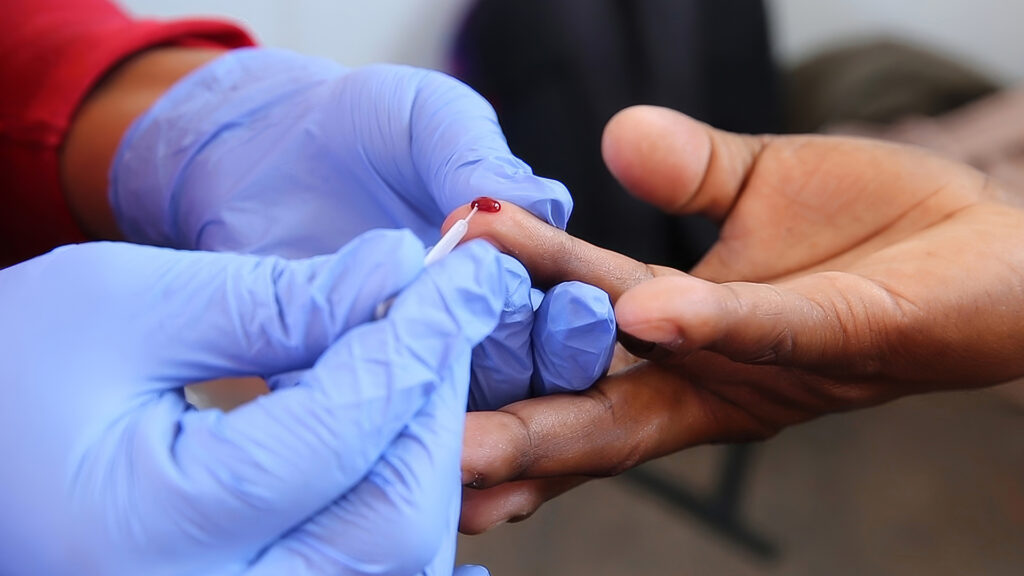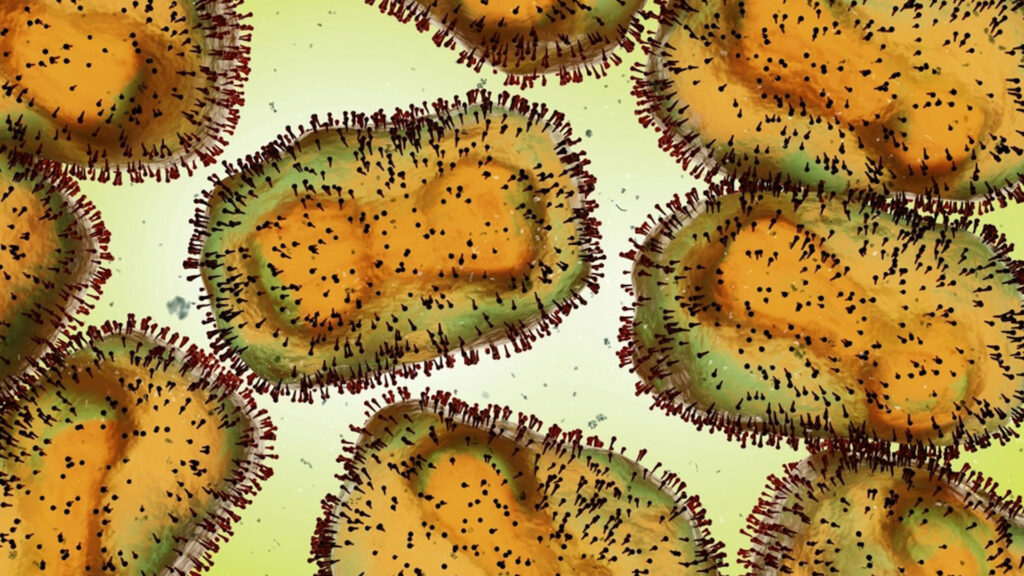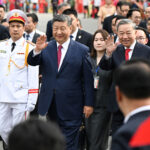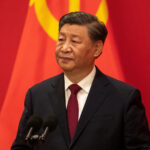A ground-breaking HIV cure trial in Durban led by UKZN’s Professor Thumbi Ndung’u has shown promising results in achieving antiretroviral therapy (ART)-free virus control.
This first HIV cure trial in Africa demonstrates that 20% of trial participants remain off ART and are virally suppressed after 18 months, offering critical insights toward the development of future HIV cure approaches.
The study’s results were presented at the 2025 Conference on Retroviruses and Opportunistic Infections (CROI) in San Francisco, United States.
Led by a coalition of top-tier institutions — including the HIV Pathogenesis Programme at the University of KwaZulu-Natal, the Africa Health Research Institute (AHRI), the Ragon Institute of Mass General, MIT and Harvard, and Gilead Sciences, Inc. — this trial is the first of its kind on African soil.
Highlights
- 20% of participants remain off ART and virally suppressed 18 months post-treatment.
- 30% were ART-free for nearly a year during the trial.
- Combination immunotherapy tested in early-treated HIV-positive individuals.
- First HIV cure trial in Africa — conducted in a resource-limited setting.
- Women, disproportionately affected by HIV, made up 100% of the participants.
Scientific Context: Toward a Functional Cure for HIV
The study tested a promising HIV treatment approach called combination immunotherapy – the goal being to either eliminate or reduce hidden traces of HIV in the body so the immune system could keep the virus in check without the need for lifelong medication.
In the Durban trial, researchers treated participants with antiretrovirals very soon after they acquired HIV. Once the virus was controlled by ART, they administered powerful immune-boosters, which help the immune system fight the virus more effectively. Under close medical supervision, participants then stopped ART to see if their bodies could control the virus independently.
This “analytical treatment interruption” approach allows researchers to evaluate whether the immune system can suppress the virus independently — a key milestone toward a functional cure, where the virus remains in check without daily medication.
A Win for Africa, A Win for the World
The significance of conducting this research in Africa — the continent most affected by HIV — cannot be overstated. Historically, HIV cure-related studies have disproportionately excluded African populations. This trial proves that advanced research can succeed in resource-limited settings and deliver insights tailored to the communities most in need.
According to UNAIDS, nearly 63% of HIV-positive adults in sub-Saharan Africa are women, yet they remain underrepresented in clinical research.
Why the 20% Matters: Lessons for the Future
Though the immunotherapy did not yield universal results, the 20% of participants who remained virally suppressed without ART offer valuable biological insights. These “post-treatment controllers” could hold the key to understanding what immune responses are critical to achieving long-term virus suppression.
Studying their immune profiles may unlock new strategies to optimize immunotherapy or combine it with other modalities such as gene editing, therapeutic vaccines, or latency-reversing agents.
Voices from the Frontlines of Innovation
Professor Thumbi Ndung’u, Director of Basic & Translational Science at AHRI, the Victor Daitz Chair and Director of the Sub-Saharan African Network for TB/HIV Research Excellence (SANTHE) Programme at the University of KwaZulu-Natal, emphasized the broader significance:
“While this treatment approach didn’t work for most participants, it is still a significant development in HIV cure research. Studying how the 20% managed to control the virus on their own will help scientists develop better HIV cure strategies, as well as work out ways to improve future treatments.”
“This trial is also significant because it proves that complex HIV cure research can be successfully conducted in resource-limited settings where the need is greatest, and highlights the importance of including African populations in global scientific advancements.”

UKZN’s Deputy Vice-Chancellor and Head of the College of Health Sciences, Professor Busisiwe Ncama, added:
“Your pioneering study, which has shown that 20% of trial participants remain off ART and virally suppressed after one-and-a-half years, marks a significant milestone in the global fight against HIV. This extraordinary breakthrough not only brings hope to millions, but also paves the way for future HIV cure strategies.”
“We are immensely proud of your leadership and the impact of your work on healthcare, both in Africa and globally.”

Global Collaboration, Local Impact
The research coalition behind the trial exemplifies the power of international collaboration. By merging local expertise with global resources, the team has delivered proof-of-concept that could shape the trajectory of HIV treatment and cure research for decades to come.
What Comes Next?
The four women who remain virally suppressed will continue to be closely monitored to understand how and why their immune systems succeeded where others did not. New trials are expected to build on this data to improve immune-based therapies and explore additional interventions.





